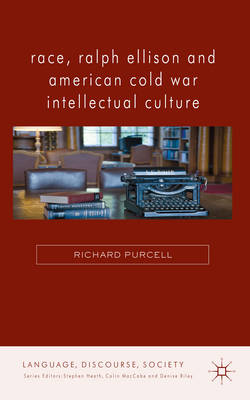Language, Discourse, Society
1 total work
Race, Ralph Ellison and American Cold War Intellectual Culture
by R. Purcell
Published 1 January 2013
After World War II, writers and literary critics - black and white - engaged in heated debates centred on the literary and imaginative problem of representing African-Americans in American literature. As the Cold War unfolded, many of these debates began to appear in journals, conferences and other events, including those directly sponsored by the Congress for Cultural Freedom and other organisations funded by U.S. and British intelligence agencies. Ralph Ellison, who would eventually join the American Congress for Cultural Freedom, was one of the most famous and frequently published critics on the 'Negro Problem' in literature during this period. Using never before published materials from Ralph Ellison's papers at the Library of Congress, Purcell contextualises his thinking on the Negro Problem - in particular its bearing on American literary history, Modernism and broader American geo-politics - within the shadow of the CCF's influence. Therefore, not only does the book explore how the Cold War's ideological battles influenced these debates, it illuminates the important role 'race' and more specifically African-American writers and intellectuals played in the cultural Cold War.
